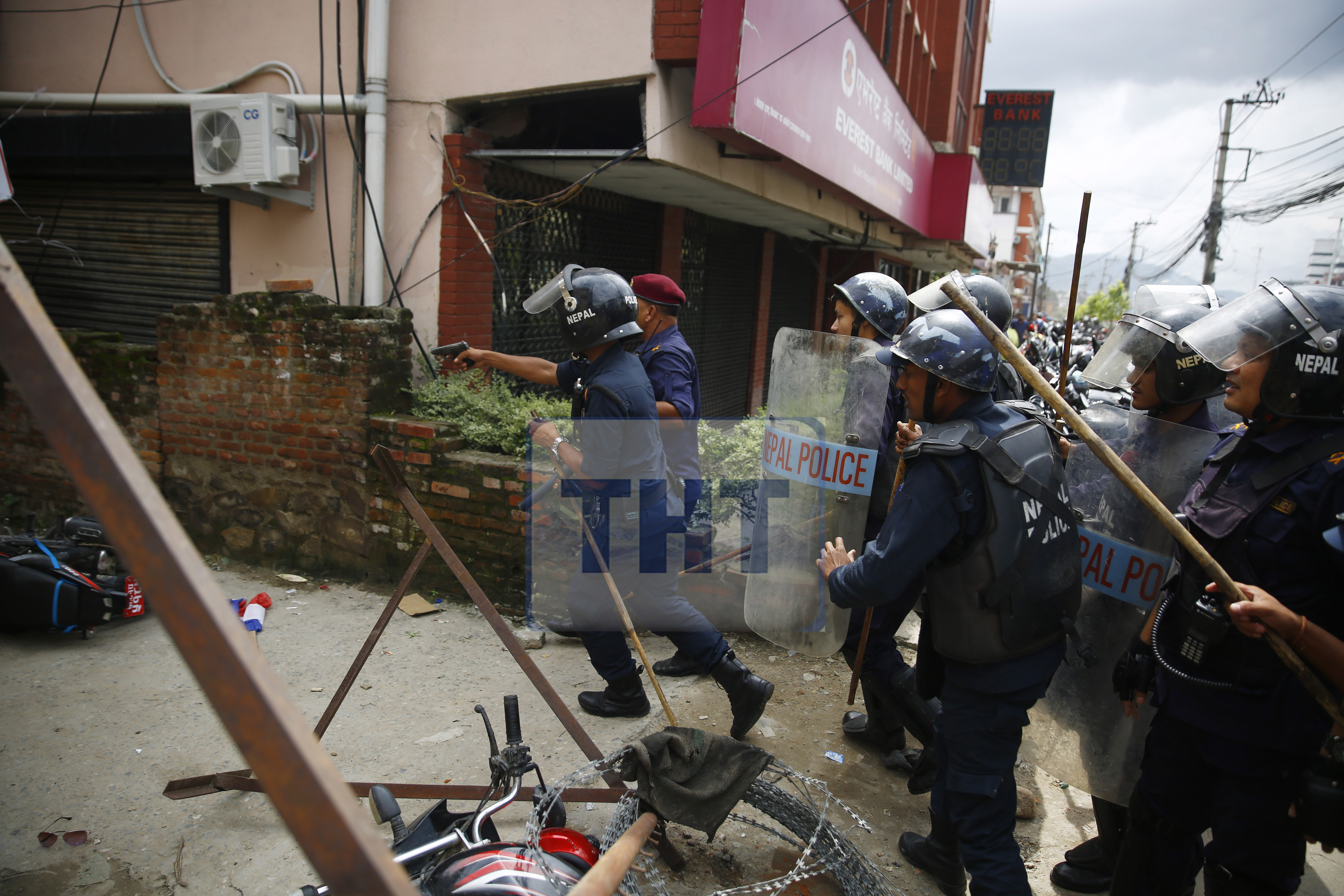Nepali state bodies not held accountable for human rights violations: US Govt
KATHMANDU: In its annual report on Human Rights in Nepal, the United States Department of State said that although the government of Nepal investigated, it failed to hold accountable those officials and security forces accused of committing ongoing violations of the law.
"Security personnel accused of using excessive force in controlling protests in recent years did not face notable accountability, nor did most conflict-era human rights violators," the report reads.
Likewise, the US administration has also noted 'significant delays' in implementing, providing adequate resources for, and granting full independence to Nepal's two transitional justice mechanisms.
Citing the encounter carried out by police officers in Nishan Khadka abduction and murder case that left two men dead and other cases of human rights violations, the US administration pointed out that Nepal's government and its agents committed arbitrary or unlawful killings in 2018.
Apart from Khadka kidnapping and murder, the report also mentions of human rights violations in cases including Nirmala Panta rape and murder, the death-in-custody of Ram Manohar Yadav of the Free Madhesh movement, and March 2017 Saptari incident in which APF officers killed five protesters.
Moreover, US authorities quoted human rights groups of Nepal and said that in some legal cases detainees appeared before judicial authorities well after the legally mandated 24-hour limit, allegedly to allow injuries from police mistreatment to heal.
As per the report, police frequently circumvent the 24-hour requirement by registering detainee's name only when they are ready to produce the latter in court.
Likewise, the US Department of State has also pointed out human rights violations in terms of denial of a fair public trial.
"Courts (Nepali) remained vulnerable to political pressure, bribery, and intimidation," the report stated, "The government provided legal counsel to indigent detainees only upon request. Persons who are unaware of their rights, in particular, lower-caste individuals and members of some ethnic groups, are thus at risk of being deprived of legal representation."
Likewise, the report notes that the government generally respected rights pertaining to speech and press but several editors and journalists reported they faced intimidation by police and government officials and that vague provisions in new laws and regulations prompted an increase in self-censorship by journalists.
Similarly, the review also mentions Minister of Communications and Information Technology Gokul Baskota who it says arranged for the firing of a talk show host, who in May had asked the minister of his sources of wealth on live television.






